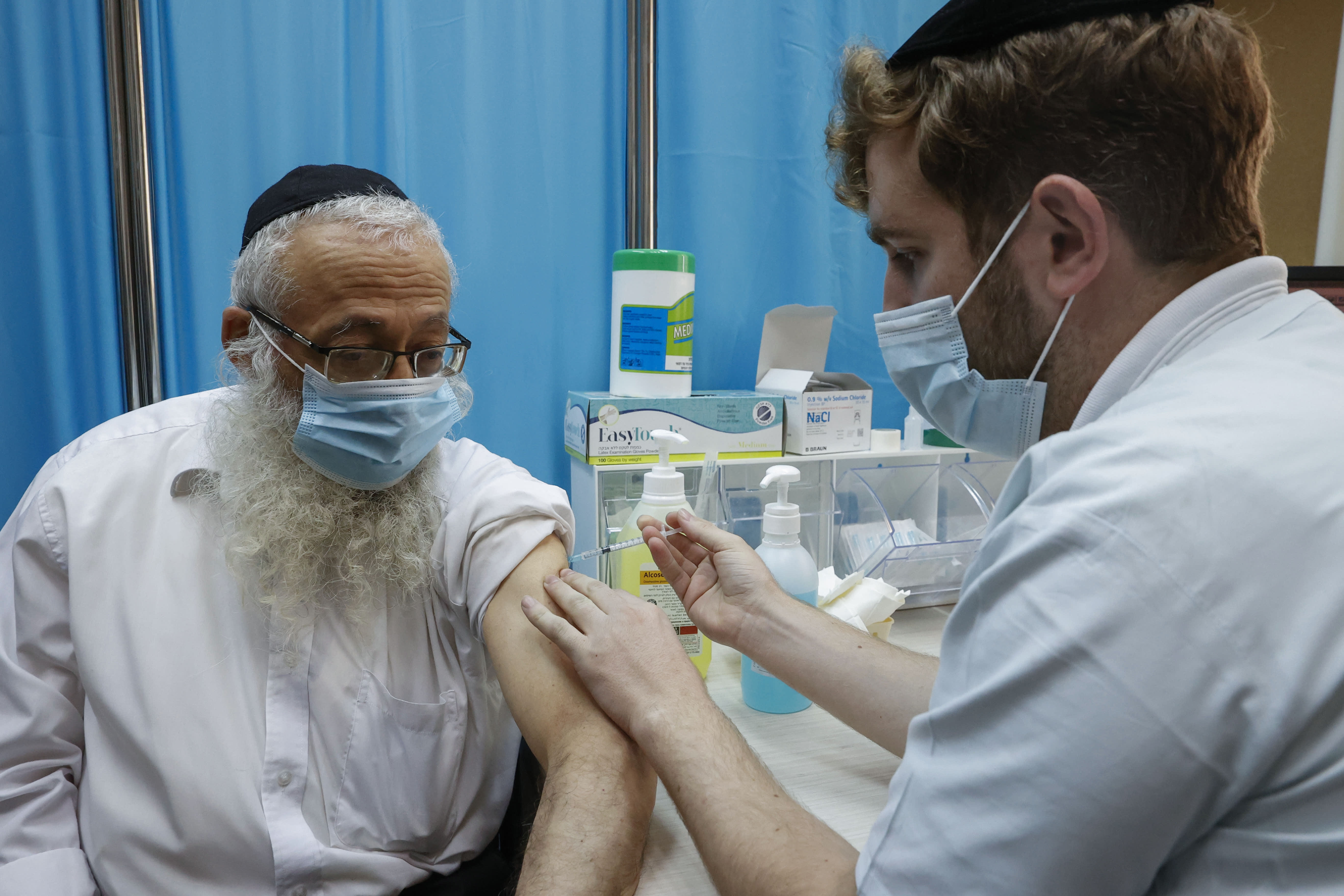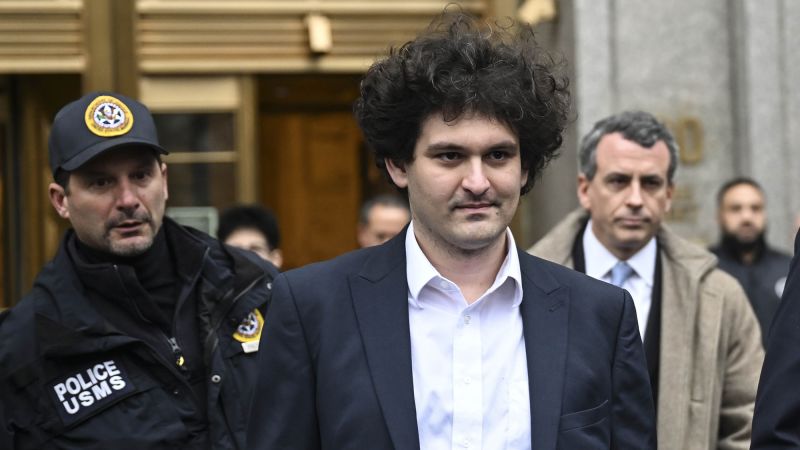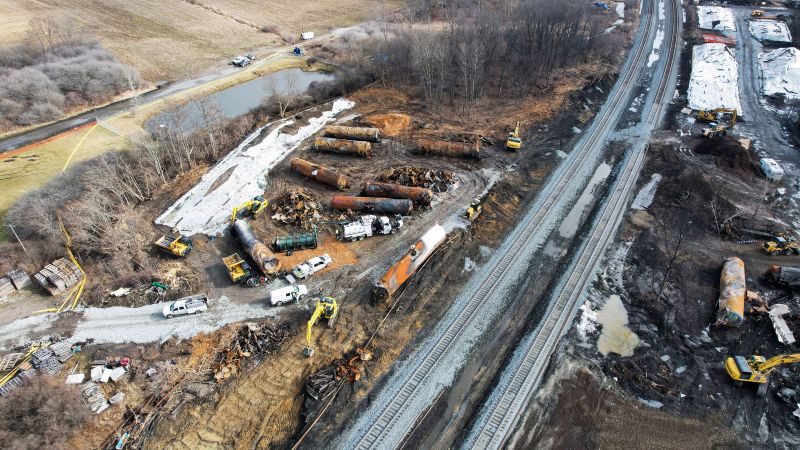On January 6, 2021, a healthcare worker from Clalit Health Services in the ultra-Orthodox Israeli city of Bnei Brak delivers a Covid-19 vaccine. Getty Images | JACK GUEZ | AFP Israel will be the first country in the world to allow adults with severe pre-existing medical issues to receive a third dosage of the Pfizer Covid-19 vaccine. The Israeli government’s decision comes as coronavirus infections rise due to the spread of the delta variety, but it also contrasts with a recent announcement by top US health officials that a booster shot isn’t required for its own residents. The booster will be administered to adults who are considered at risk, according to Israel’s health ministry, which specifically noted people with severe immunodeficiency or who have just received an organ transplant. It was unclear whether Palestinians residing in Israeli-occupied area would also be eligible to get the booster shot. The jury is still out. Despite being acclaimed for having one of the world’s fastest immunization efforts, the number of Covid cases in Israel increased to over 400 per day in early July after remaining in the single digits for most of June. Over 5 million of the country’s 9 million residents have received full vaccination against the disease. However, after completely reopening its economy in the spring, Israel has reinstated several restrictions, such as the requirement to wear a mask indoors and on public transportation. Despite the increase in instances, Israel’s health ministry said in the first week of July that only 47 of the country’s 4,000 current cases were considered serious. Meanwhile, the question of whether a third dosage of any vaccine is necessary and will make a substantial impact in protecting people against the virus is still being debated. So far, health officials in the United States do not believe such is the case. The US Food and Drug Administration and the Centers for Disease Control and Prevention declared in a joint statement on July 8 that “Americans who have been completely vaccinated do not require a booster dose at this time.” “As additional information becomes available, we will review it and keep the public informed. If and when science indicates that booster doses are required, we will be ready.” Pfizer and BioNTech announced the addition of a third dosage of their vaccine in a press statement the same day “against all currently known variations, including Delta, has the potential to maintain the greatest levels of protective efficacy. ” According to the announcement, the American and German businesses are working on a new version of their shot that “targets the complete spike protein of the Delta variety.” ‘A perilous tendency’ Pfizer has stated that it will seek regulatory approval for its booster shot, and some countries that previously used Chinese-made vaccines are now giving a Pfizer booster due to concerns about their performance. Despite the fact that the judgment is still out on whether the method is ultimately safe, Bahrain and the United Arab Emirates are among the nations now offering a Pfizer booster for those who have taken two doses of Sinopharm from China. Soumya Swaminathan, the head scientist at the World Health Organization, warned against combining vaccines on Monday. “We’re in a data-free, evidence-free zone as far as mix and match (of vaccines),” she stated during a press conference. “There is limited evidence on mix and match; studies are underway; we must wait for those results; it may be a very smart technique, but for the time being, we only have data on AstraZeneca and Pfizer. As a result, if citizens start selecting when and who should take a third and fourth dose, countries will be in chaos.” The supply of vaccines to Palestinians has been criticized. The Palestinian Authority, which rules the West Bank, canceled a vaccine swap deal with Israel in June, under which it would have received 1 million doses of an ageing stock of Pfizer vaccines from Israel that needed to be used up in exchange for a similar number of Pfizer doses it planned to receive later in the year. The stock, however, was due to expire in June — the same month it was supposed to be handed to Israel — and the Palestinians rejected it, claiming they had been promised the shots would expire in July and August. Israel denies this, claiming that the expiration dates were clearly stated. Face-to-face education, which had been suspended as part of the new type of coronavirus (Covid-19) measures, was resumed today for primary and secondary school pupils in Gaza Strip on January 13, 2021. Getty Images | Ali Jadallah | Anadolu Agency Israel supplied 5,000 vaccine doses to Palestinian health professionals in the West Bank in January, which rights activists and Palestinians argue is insufficient and a breach of Israel’s responsibility as an occupying power. A request for comment from CNBC was not immediately returned by Israel’s foreign ministry. According to Palestinian officials, just over 30% of eligible Palestinians in the West Bank and Gaza have gotten at least one vaccine dosage, due to the COVAX vaccine distribution effort and donations from various countries./n
Read MoreIsrael is offering a third Pfizer shot amid spiking cases, even as the U.S. says it’s not yet needed
2021-07-13T16:35:26-04:00July 13th, 2021|





